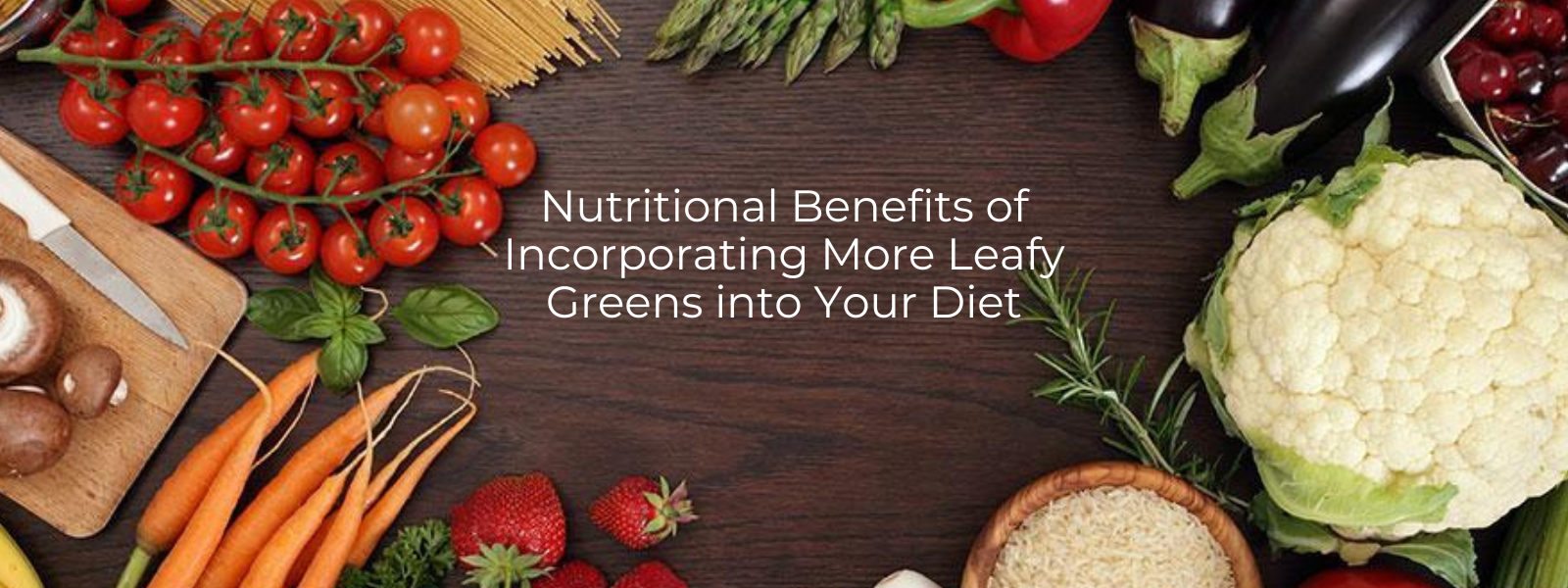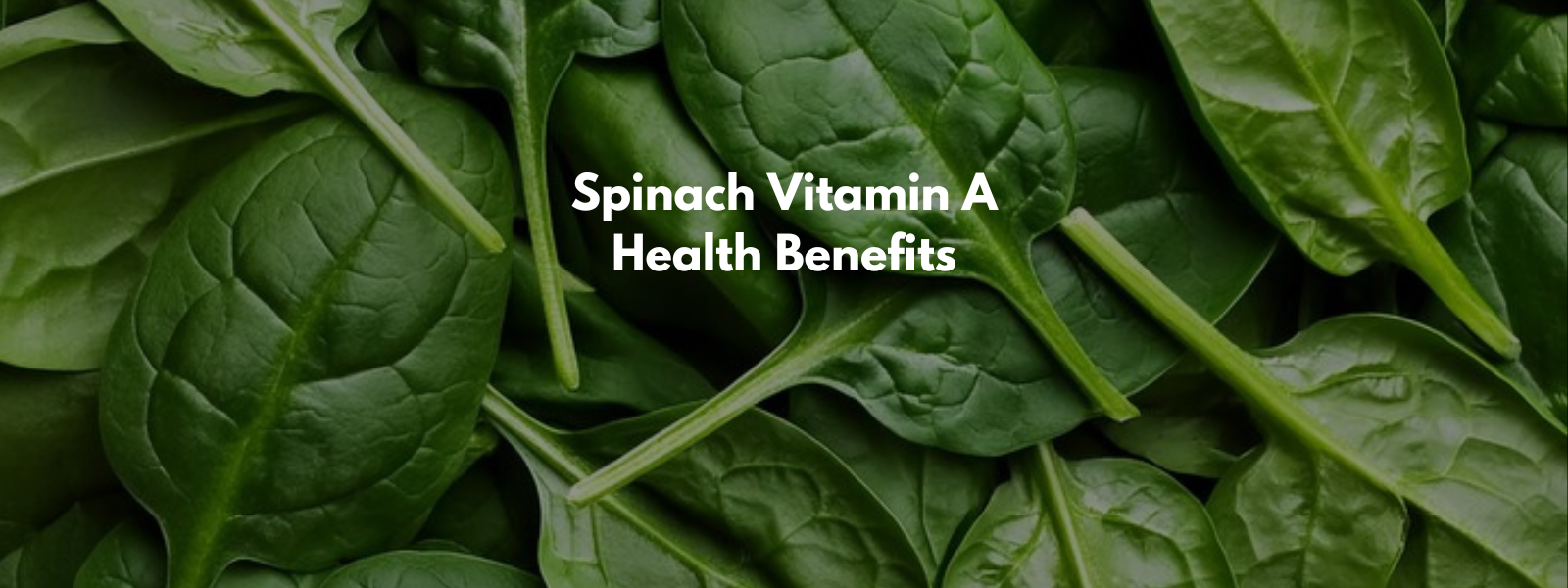Kale is a nutrient-dense vegetable that offers significant health benefits due to its high vitamin A content. From enhancing vision and immune function to promoting healthy skin, supporting reproductive and bone health, and reducing the risk of chronic diseases, vitamin A plays a crucial role in maintaining overall well-being. By incorporating kale into your diet, you can take advantage of these benefits, helping to protect against various health issues and ensuring proper bodily functions. Enjoy kale in salads, smoothies, sautés, soups, and other dishes to boost your vitamin A intake and support a healthier lifestyle.
Table of Contents
Vitamin A in Kale
Kale is an excellent source of vitamin A, primarily in the form of beta-carotene, which the body converts into this essential vitamin. One cup of raw kale provides about 206% of the daily recommended intake of vitamin A. Including kale in your diet can help you meet your vitamin A needs and offer numerous health benefits.
Health Benefits of Kale
Rich in Nutrients
Kale is exceptionally nutrient-dense, providing an array of vitamins and minerals in just a few calories. It's an excellent source of vitamins A, C, and K, as well as manganese, calcium, and potassium. These nutrients are essential for various bodily functions, including immune support, bone health, and cellular processes.
High in Antioxidants
Kale is packed with powerful antioxidants like quercetin and kaempferol, which help combat oxidative stress and inflammation in the body. These antioxidants can reduce the risk of chronic diseases such as heart disease and cancer by neutralizing harmful free radicals.
Supports Heart Health
The fiber, potassium, and antioxidants in kale contribute to cardiovascular health. Potassium helps maintain healthy blood pressure levels, while fiber aids in lowering cholesterol levels. Antioxidants reduce inflammation and prevent plaque buildup in arteries, further protecting the heart.
Promotes Eye Health
Kale contains high levels of lutein and zeaxanthin, carotenoids that are crucial for maintaining good vision. These compounds protect the eyes from damage caused by blue light and reduce the risk of cataracts and age-related macular degeneration.
Boosts Immune Function
The high vitamin C content in kale supports the immune system by stimulating the production of white blood cells and enhancing their function. Additionally, vitamin A in kale helps maintain the integrity of skin and mucous membranes, which act as barriers against pathogens.
Supports Bone Health
Kale is an excellent source of vitamin K, which plays a vital role in bone metabolism and helps prevent osteoporosis. Vitamin K aids in the binding of calcium to the bone matrix, ensuring strong and healthy bones.
Aids in Digestion
The fiber content in kale promotes healthy digestion by adding bulk to the stool and preventing constipation. Additionally, fiber supports a healthy gut microbiome, which is essential for overall digestive health.
Helps with Weight Management
Kale is low in calories but high in fiber, which makes it a great food for weight management. The fiber content promotes satiety, helping you feel full longer and reducing overall calorie intake.
Detoxifying Properties
Kale contains compounds such as glucosinolates, which support the body’s natural detoxification processes. These compounds help eliminate toxins and support liver function, promoting overall health and wellness.
Kale And Vitamin A:
Kale is essential for vitamin A intake due to its high content of beta-carotene, which the body efficiently converts into vitamin A. This nutrient is crucial for maintaining healthy vision by supporting the retina and preventing conditions like night blindness and age-related macular degeneration. Additionally, vitamin A from kale enhances immune function by maintaining the integrity of skin and mucous membranes, which serve as barriers against infections. It also promotes healthy skin through cell regeneration and repair, and its antioxidant properties help protect against oxidative stress, reducing the risk of chronic diseases. Incorporating kale into your diet ensures a steady supply of this vital nutrient, contributing to overall health and well-being.
Ways to Use Kale
- Salads: Use raw kale as a base for salads. Massaging the leaves with a bit of olive oil and lemon juice can help soften them and reduce bitterness.
- Smoothies: Add fresh or frozen kale to smoothies for an extra nutrient boost. Its mild flavor blends well with fruits and other vegetables.
- Sautéed: Sauté kale with garlic, olive oil, and a pinch of salt for a quick and healthy side dish.
- Soups and Stews: Add chopped kale to soups and stews towards the end of cooking to retain its vibrant color and nutrients.
- Kale Chips: Bake kale leaves with a little olive oil and salt for a crispy, healthy snack.
- Pasta Dishes: Incorporate kale into pasta dishes by adding it to the sauce or mixing it with other vegetables.
- Stir-Fries: Add kale to stir-fries for a quick and nutritious addition.
- Pesto: Blend kale with nuts, garlic, olive oil, and Parmesan cheese to create a delicious pesto sauce.
Popular Kale Recipes
- Kale and Quinoa Salad
Ingredients:
- 4 cups kale, finely chopped
- 1 cup cooked quinoa
- 1/2 cup cherry tomatoes, halved
- 1/4 cup red onion, finely chopped
- 1/4 cup feta cheese, crumbled
- 1/4 cup sliced almonds, toasted
- 1/4 cup olive oil
- 2 tablespoons lemon juice
- 1 tablespoon honey
- Salt and pepper to taste
Instructions:
- In a large bowl, massage the chopped kale with a little olive oil and lemon juice to soften.
- Add cooked quinoa, cherry tomatoes, red onion, feta cheese, and sliced almonds.
- In a small bowl, whisk together the olive oil, lemon juice, honey, salt, and pepper.
- Pour the dressing over the salad and toss to combine.
- Serve immediately or refrigerate for up to 2 days.
- Green Smoothie with Kale
Ingredients:
- 1 cup fresh kale leaves
- 1 banana
- 1/2 cup pineapple chunks
- 1/2 cup Greek yogurt
- 1 cup almond milk (or any milk of choice)
- 1 tablespoon chia seeds (optional)
- 1 teaspoon honey (optional)
Instructions:
- Place all ingredients in a blender.
- Blend until smooth.
- Pour into a glass and enjoy immediately.
- Garlic Sautéed Kale
Ingredients:
- 1 tablespoon olive oil
- 2 cloves garlic, minced
- 6 cups kale, chopped
- Salt and pepper to taste
- Lemon juice (optional)
Instructions:
- Heat olive oil in a large skillet over medium heat.
- Add garlic and sauté for about 1 minute until fragrant.
- Add chopped kale and cook, stirring frequently, until wilted (about 5-7 minutes).
- Season with salt, pepper, and a squeeze of lemon juice if desired.
- Serve as a side dish.
- Kale and White Bean Soup
Ingredients:
- 1 tablespoon olive oil
- 1 onion, chopped
- 2 cloves garlic, minced
- 1 carrot, diced
- 1 celery stalk, diced
- 4 cups vegetable broth
- 2 cans white beans, drained and rinsed
- 4 cups kale, chopped
- 1 teaspoon thyme
- Salt and pepper to taste
Instructions:
- Heat olive oil in a large pot over medium heat.
- Add onion, garlic, carrot, and celery, and cook until softened (about 5 minutes).
- Add vegetable broth, white beans, thyme, salt, and pepper.
- Bring to a boil, then reduce heat and simmer for 20 minutes.
- Stir in chopped kale and cook until wilted (about 2-3 minutes).
- Serve hot.
- Baked Kale Chips
Ingredients:
- 1 bunch kale
- 1 tablespoon olive oil
- 1 teaspoon sea salt
Instructions:
- Preheat the oven to 350°F (175°C).
- Wash and thoroughly dry the kale. Remove the tough stems and tear the leaves into bite-sized pieces.
- Place the kale pieces on a baking sheet and drizzle with olive oil. Toss to coat evenly.
- Spread the kale in a single layer and sprinkle with sea salt.
- Bake for 10-15 minutes, or until the edges are brown but not burnt.
- Allow to cool slightly before serving.
Conclusion
Kale is a nutrient-dense vegetable that offers significant health benefits due to its high vitamin A content. From enhancing vision and immune function to promoting healthy skin, supporting reproductive and bone health, and reducing the risk of chronic diseases, vitamin A plays a crucial role in maintaining overall well-being. By incorporating kale into your diet, you can take advantage of these benefits, helping to protect against various health issues and ensuring proper bodily functions. Enjoy kale in salads, smoothies, sautés, soups, and other dishes to boost your vitamin A intake and support a healthier lifestyle.











Leave a comment